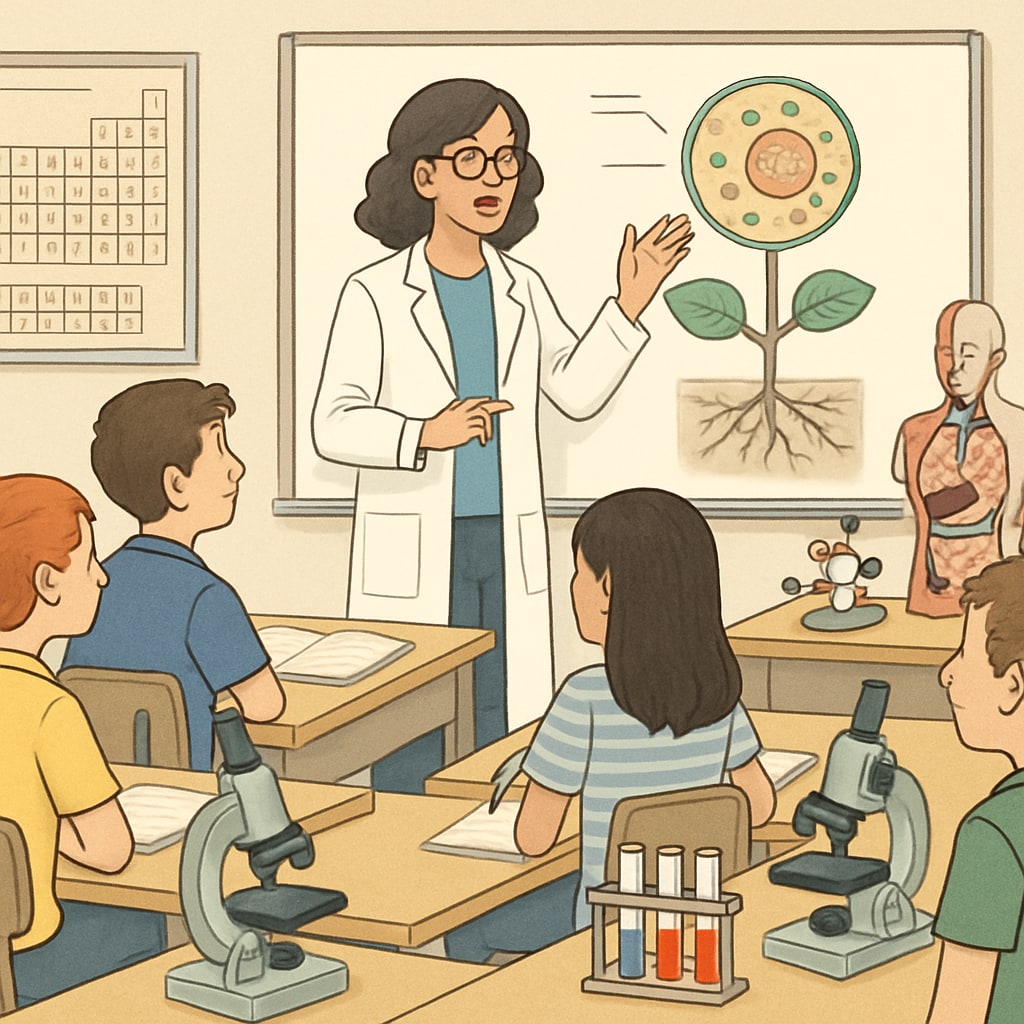The transition from studying biology to pursuing a Master’s in Education might seem unconventional at first glance. However, biology graduates possess unique skills and perspectives that can be highly valuable in the education field. This article delves into the feasibility of such a transition, examines the challenges and advantages, and provides practical advice for students who aspire to make this shift.
Why Biology Graduates Are Well-Suited for Education
Biology majors are trained in analytical thinking, problem-solving, and data interpretation—all of which are essential in education. These skills can help create effective teaching strategies, especially in STEM (Science, Technology, Engineering, and Mathematics) education, where fostering critical thinking is paramount. Additionally, their deep understanding of scientific concepts enables them to explain complex topics in a simplified manner, making them excellent educators.

Challenges Faced in the Transition
Despite the advantages, transitioning from biology to education comes with its own set of challenges. One major hurdle is the lack of formal teaching experience or pedagogical training. Biology graduates may need to adapt to new methodologies, classroom management techniques, and educational philosophies. Furthermore, adjusting to a career that prioritizes interpersonal and communication skills over laboratory precision can be daunting.
Another challenge is navigating the educational system, as teaching certifications and degree requirements vary by region. Prospective educators may need to research and fulfill additional prerequisites beyond obtaining a Master’s in Education.

Practical Steps to Make the Transition
For biology graduates considering this career shift, here are some actionable steps:
- Gain Experience: Volunteer as a tutor or teaching assistant to familiarize yourself with classroom dynamics.
- Pursue Professional Development: Take workshops or online courses in educational methodologies to build pedagogical knowledge.
- Research Programs: Choose a Master’s in Education program that aligns with your career goals, such as focusing on STEM education.
- Network: Connect with educators and professionals in the field to gain insights and mentorship.
- Adapt Your Perspective: Embrace the interpersonal aspects of teaching, such as fostering relationships with students and colleagues.
Benefits of Bridging Biology and Education
Biology graduates who transition to education bring a unique perspective to the classroom. Their scientific background equips them to inspire curiosity and critical thinking among students. Moreover, they can contribute to the growing demand for skilled STEM educators, addressing shortages in science and mathematics teaching positions worldwide (Science Education on Britannica).
In addition, this career shift allows biology graduates to develop new skills, such as communication and leadership, that are transferable across various professions. Teaching provides opportunities for lifelong learning and personal growth, making it a fulfilling career choice.
Conclusion: A Worthwhile Career Change
Transitioning from biology to education is not only feasible but also highly rewarding for those who are passionate about teaching. By leveraging their analytical skills, scientific expertise, and dedication to learning, biology graduates can make a significant impact in the education sector. With proper planning, professional development, and adaptability, this career shift can lead to both personal and professional success.
For more information on career transitions and STEM education, visit STEM Education on Wikipedia.


